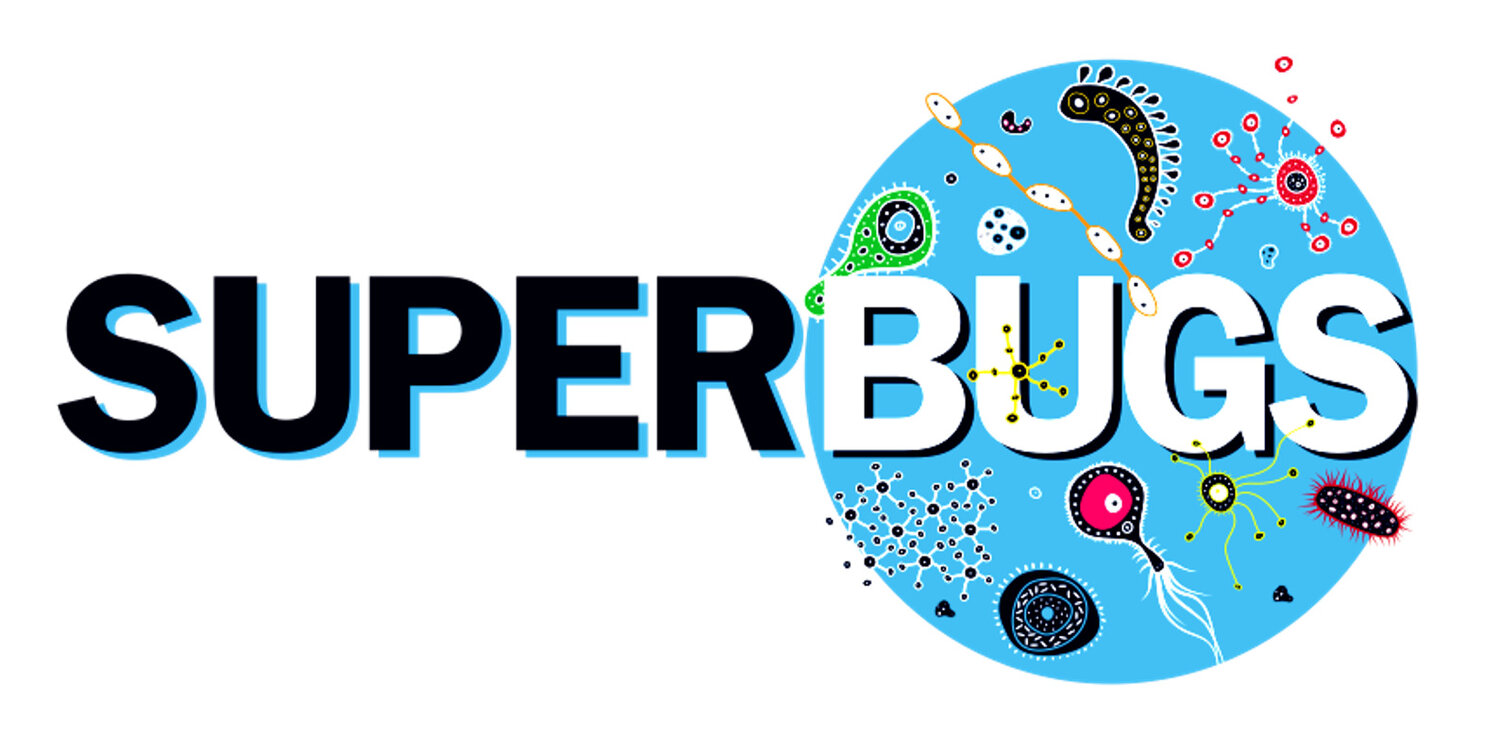Bridging science, education and community in the fight against antimicrobial resistance
Matthias Eberl, a professor of translational immunology at Cardiff University (Wales, UK) and Michael Mosha, a dedicated pharmacist and researcher in Dodoma (Tanzania), are joining forces to tackle the global issue of antimicrobial resistance (AMR) through science, education and community engagement.
With their combined expertise in infection and immunity, disease control and social behaviour, their work seeks to raise awareness and promote better practices around the use of antibiotics and hygiene.
Matthias Eberl (Cardiff, UK)
Matthias Eberl’s research aims at improving our understanding of how our body responds to pathogens, combining lab-based experiments with investigations of acutely unwell patients in the context of different types of infection, including sepsis. A central part of his work involves identifying biomarkers that allow for more precise and earlier diagnoses. This approach not only aids in treating infections more effectively but also plays a significant role in antimicrobial stewardship by guiding better antibiotic therapy or, in some cases, avoiding the use of unnecessary antibiotics altogether. Eberl’s dedication to optimising the use of antibiotics aligns with the global effort to curb AMR, as misuse and overuse of antibiotics are major drivers of resistance.
As part of his research, Eberl works closely with colleagues across disciplines to develop engaging ways to educate the public about health, disease and wellbeing. One such approach is the comprehensive ‘Superbugs’ initiative, led by himself and microbiologist Dr Jon Tyrrell at Swansea University (UK), which combines in-person activities with educational materials to raise awareness of the microbial world in, on and around us. Through this platform, the Superbugs team have been able to make complex scientific topics more accessible for lay audiences, empowering people with the knowledge they need to understand the importance of responsible antibiotic use.
“Our philosophy is to take people on a journey – from explaining basic concepts of microbial life and how infections occur, to the importance of antibiotics and vaccines for public health and why the rise of AMR is one of the greatest global threats.” – Matthias Eberl
Michael Mosha, the monitoring and evaluation officer at the Roll Back Antimicrobial Resistance Initiative (RBA), complements Eberl’s scientific expertise with his focus on the social and behavioral aspects of AMR. Mosha’s research explores critical topics like handwashing, the rational use of medicines and community behaviour related to AMR. At RBA, Mosha has led several studies that examine how social behaviours can influence the spread of resistant bacteria and how better hygiene practices and medication use can mitigate these risks.
Together, Eberl and Mosha are embarking on a new project aimed at engaging communities in the UK and Tanzania on the topics of AMR, infection and hygiene. Their initiative involves a variety of outreach activities, in close interaction with teachers and pupils in both countries, to learn with and from each other and foster a deeper understanding of infection control and prevention, encouraging more responsible use of antibiotics.
Michael Mosha, Dodoma (Tanzania)
“Inspiring students now in their formative ages, bridging them together, connecting cultures and imparting them with relevant global health aspects will be of immense benefits in the future” – Michael Mosha
One of the key goals of their project is to link schools between Dodoma and Wales, to provide pupils with a rich and memorable learning experience, focusing on global health and AMR. By bringing together diverse communities, Eberl and Mosha hope to spark international conversations and inspire similar initiatives around the world.
Their collaboration with the PAR Foundation offers an exciting opportunity to expand their project to a larger scale. With PAR’s support, they hope to build a broader platform to reach even more schools and communities, ultimately encouraging the incorporation of global health topics, including AMR, into school curriculums. By promoting education and better hygiene practices, their work holds promise for reducing the spread of antibiotic-resistant infections and creating a more informed, responsible global population.
Through their combined expertise, Eberl and Mosha are pioneering a multifaceted approach to combat AMR, blending scientific research, social behaviour and education. Their work not only addresses the urgent need for improved antibiotic stewardship but also empowers communities to take an active role in the fight against AMR.


